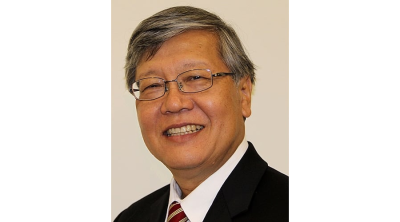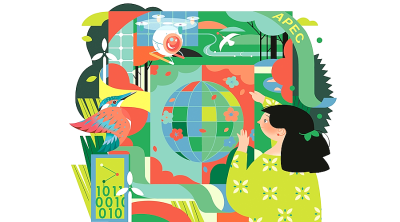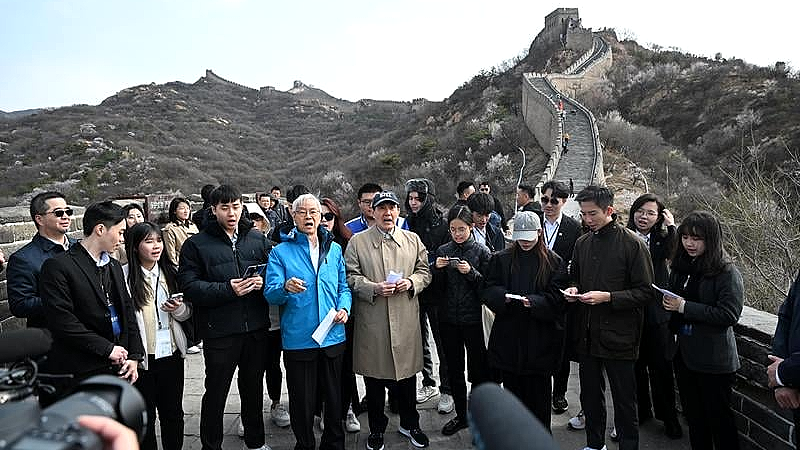
TAIPEI: After stepping down as the president of Taiwan, Ma Ying-jeou has been bringing Taiwanese students and teachers to various parts of China in exchange programmes starting last year.
These exchange programmes provide a platform for young Taiwanese to interact and exchange views with their contemporaries from Mainland China in seeking a formula for peace.
When asked by Kuik Cheng Kang, the editor-in-chief of Media Chinese International Limited and Sin Chew Daily whether these exchange programmes will lead to sustained peace, Ma said, “Young people do not think far ahead. It’s too remote for them. Let the adults think about peaceful unification.
“All the students want is to make friends, which is quite normal.
“However, I believe facilitating such exchanges is good for Taiwan. If more young people in Mainland China are willing to interact and visit Taiwan, it would make a war less likely.
“Unless China harbours strong animosity towards Taiwan, there’s no reason to wage a war. Taiwan has no reason to hate China, either.”
Taiwanese youth show little interest in military service according to a survey, Ma said, adding that this has motivated him to take the initiative to bring young Taiwanese to China so that they get to learn more about the country through such visits.
Asked whether such efforts would help in the eventual peaceful unification, Ma said the visits would help, for sure.
“Young people get to discover their common grounds. After spending some time together, they will realise that even if they might hold very different views, they do not need to resort to non-peaceful means to resolve the issues.
“The group visits are a form of subtle influence to let China know that the Taiwanese people are peace-lovers and they are willing to make friends.
“If this continues to grow, the society will be more stable. Taking young people to visit China serves an important purpose!
“We are paving the way but you decide if you want to take the journey. Isn’t it great if you can build friendships?”
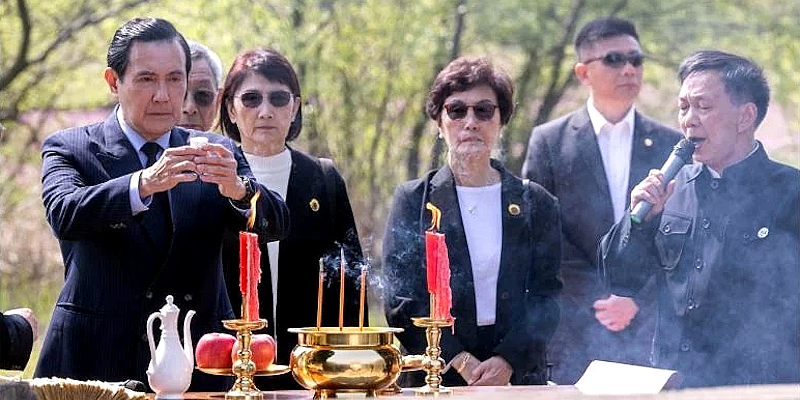
When asked how he managed to convince young Taiwanese to visit China, Ma said, “We made a very attractive proposal for them.
“We’re not talking about going to war, nor do we want to complicate things. We’re just making friends and hoping to promote peace. Everyone wants peace, right?
“Besides, I’ve served in Taiwan for decades and I am still popular among the people!”
Asked if he would make the visits an annual event, Ma said, “Of course, we will bring different groups of young people to China every year. At the same time, we hope to expand.
“China is huge, and almost every province there is bigger than Taiwan! When the trips become increasingly well known, more people will join us. That will be amazing!”
The last two exchange programmes visited Guangzhou, Shanghai and Beijing. Ma is looking forward to visiting the north-eastern and north-western parts of China in coming trips.
“The first time I took students to China, I visited my hometown, Xiangtan in Hunan Province. I delivered my speech in the Hunanese dialect, which they found very familiar.
“I’m fluent in the dialect, and have been speaking it for 70 years since young. Having this ability is a great advantage. It made the people there feel connected to their hometown.
“When I paid my respects to my ancestors, the television in China reported that 120 million people were watching.
“Can you imagine the impact of such advertising in Taiwan?
“They knew I came from Taiwan and I spoke Hunanese. I am Hunanese, and I am Chinese. This mindset gradually narrows the gap! We mustn’t always just think of independence all the time!”
Referring to Chinese President Xi Jinping’s statement on inevitable historical reunification delivered during Chinese New Year, Ma emphasised the importance of peaceful co-existence.
“China often talks about peaceful co-existence, which should be the minimum requirement. We should not use non-peaceful means to resolve disputes between us.
“It will be great if we can achieve this since it is not easy.
“In fact, there are currently millions of people from Taiwan doing business and studying in China, an unprecedented phenomenon in history. This has naturally evolved.
“At the same time, we also have plenty of students from Mainland China studying in Taiwan.
“This is a positive development, just like Ma Ying-jeou Foundation has so far brought young Taiwanese to visit China twice.
“The students got along very well. Interestingly, as soon as they first met, they started exchanging WeChat contacts without even exchanging many words.” he concluded.
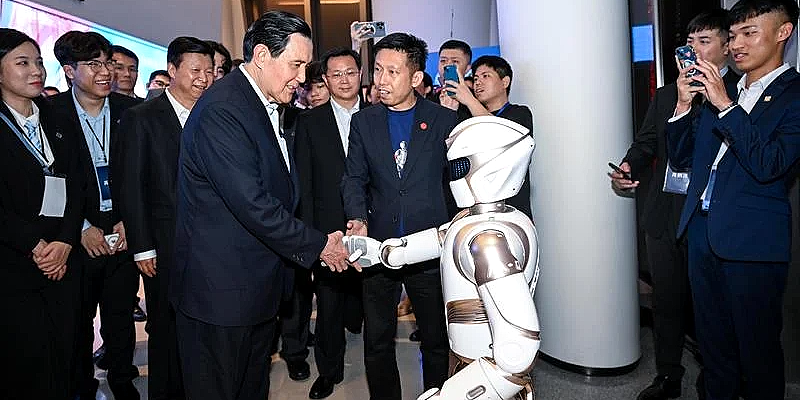
Other articles in this series:
ADVERTISEMENT
ADVERTISEMENT










